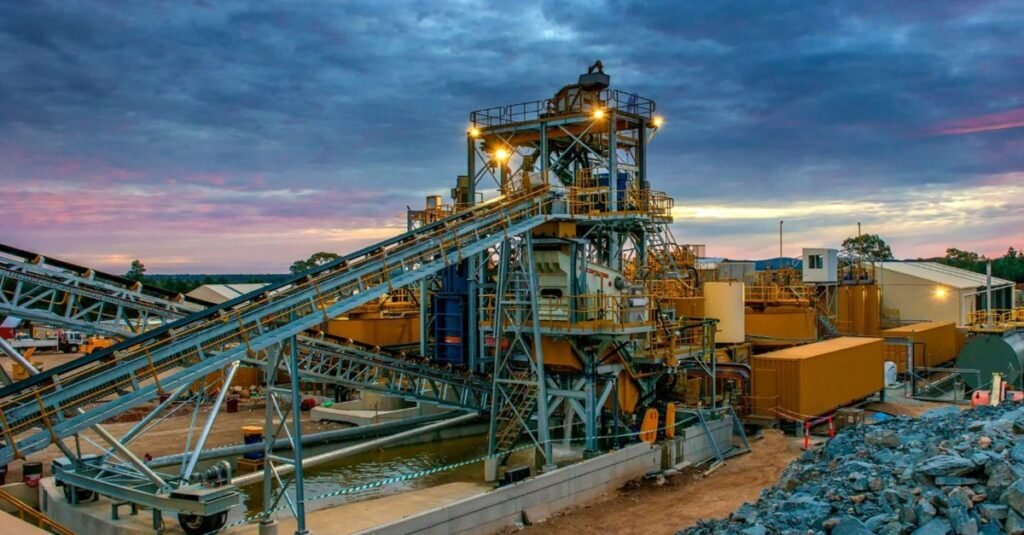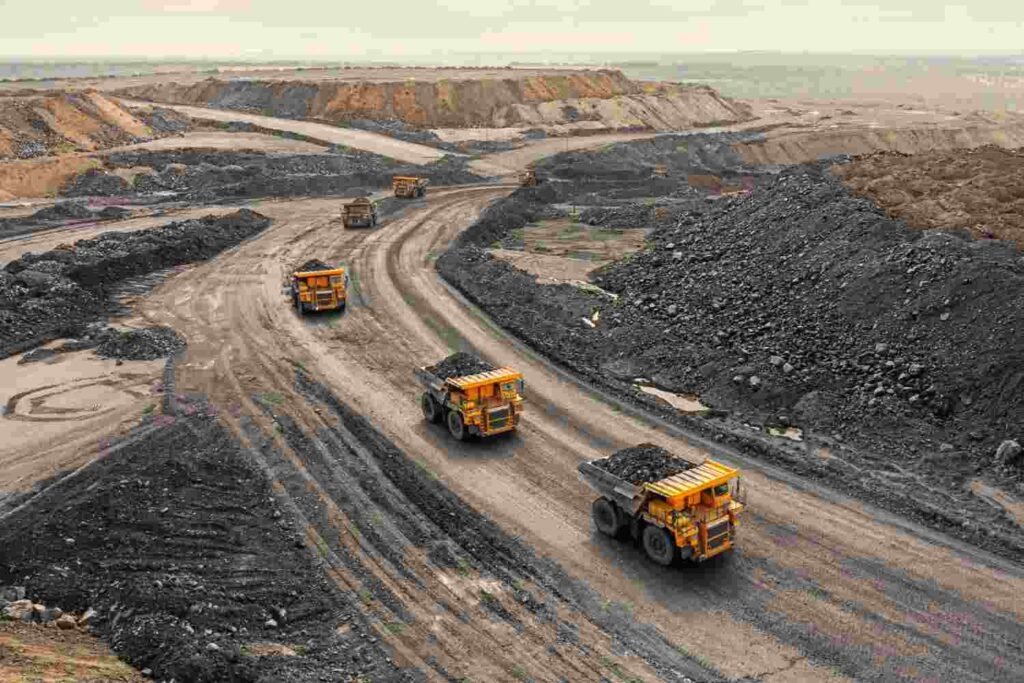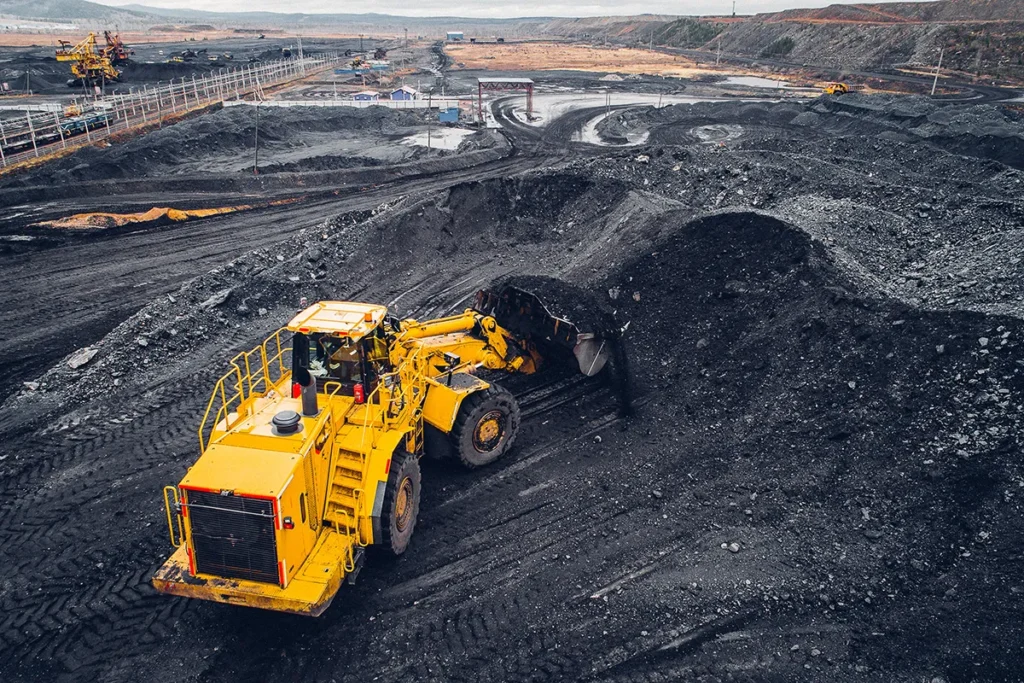Bauxite mining in Africa
Bauxite Mining in Africa: Powering the Global Aluminum Industry
Bauxite, the primary ore used in aluminum production, is one of Africa’s most valuable mineral resources. The continent holds some of the largest bauxite reserves globally, with Guinea leading as the world’s top producer. Bauxite mining not only fuels Africa’s economic growth but also plays a critical role in meeting global demand for aluminum, a material essential for industries like automotive, aerospace, construction, and packaging. In this blog post, we will explore the significance of bauxite mining in Africa, its key players, environmental impacts, and future opportunities.

Guinea: The Global Leader in Bauxite Production
Guinea is home to the world’s largest bauxite reserves, accounting for approximately 25% of global deposits. The country produces over 80 million metric tons annually, supplying major aluminum producers like China, Russia, and the United States. Companies such as Rio Tinto and SMB-Winning Consortium dominate Guinea’s bauxite mining sector, driving exports and contributing significantly to the national economy.

Ghana: Emerging Bauxite Producer
Ghana is emerging as a new player in bauxite mining, with untapped reserves estimated at over 900 million metric tons. The government has partnered with international firms to develop infrastructure, including railways and refineries, to support large-scale mining operations. These initiatives aim to diversify Ghana’s mineral exports and boost economic growth.

Sierra Leone: Small-Scale Bauxite Operations
Sierra Leone’s bauxite industry is still in its early stages, with small-scale operations contributing to local economies. While the country has significant reserves, limited infrastructure and political instability have hindered large-scale development. Efforts are underway to attract foreign investment and modernize mining practices.

Environmental and Social Impacts
Deforestation and Habitat Loss
Bauxite mining often involves clearing large areas of land, leading to deforestation and habitat destruction. This poses risks to biodiversity, particularly in ecologically sensitive regions like Guinea’s rainforests. Sustainable practices, such as reforestation and land rehabilitation, are essential to mitigate these impacts.
Water Pollution and Soil Degradation
Mining activities can contaminate water sources and degrade soil quality, affecting local communities that rely on agriculture and fishing. Implementing stricter environmental regulations and investing in cleaner technologies can help address these challenges.
Community Benefits and Challenges
While bauxite mining creates jobs and stimulates economic growth, it can also lead to displacement and social conflicts if not managed responsibly. Ensuring fair compensation, providing community development programs, and fostering transparency are key to balancing economic benefits with social well-being.
Future Opportunities in African Bauxite Mining
Infrastructure Development
Building railways, ports, and refineries is crucial for expanding bauxite mining operations across Africa. For example, Guinea’s Simandou project includes plans for a 650-kilometer railway to transport ore to coastal ports, unlocking the region’s full potential.
Value Addition through Alumina Refining
Currently, most African countries export raw bauxite without refining it into alumina or aluminum. Developing local refining capacity could increase revenue and create additional jobs, reducing reliance on imports of processed materials.
Green Mining Initiatives
As the global focus shifts toward sustainability, adopting green mining practices—such as using renewable energy, minimizing waste, and rehabilitating mined areas—will be critical for Africa’s bauxite industry to align with international standards.
Frequently Asked Questions (FAQs)
Q1: Which African country produces the most bauxite?
A1: Guinea is the largest bauxite producer in Africa and the second-largest globally, after Australia.
Q2: Why is bauxite important for the global economy?
A2: Bauxite is the primary source of aluminum, a lightweight and corrosion-resistant metal used in industries like transportation, construction, packaging, and electronics.
Q3: What are the environmental impacts of bauxite mining?
A3: Bauxite mining can lead to deforestation, water pollution, soil degradation, and loss of biodiversity. Sustainable practices are needed to minimize these effects.

